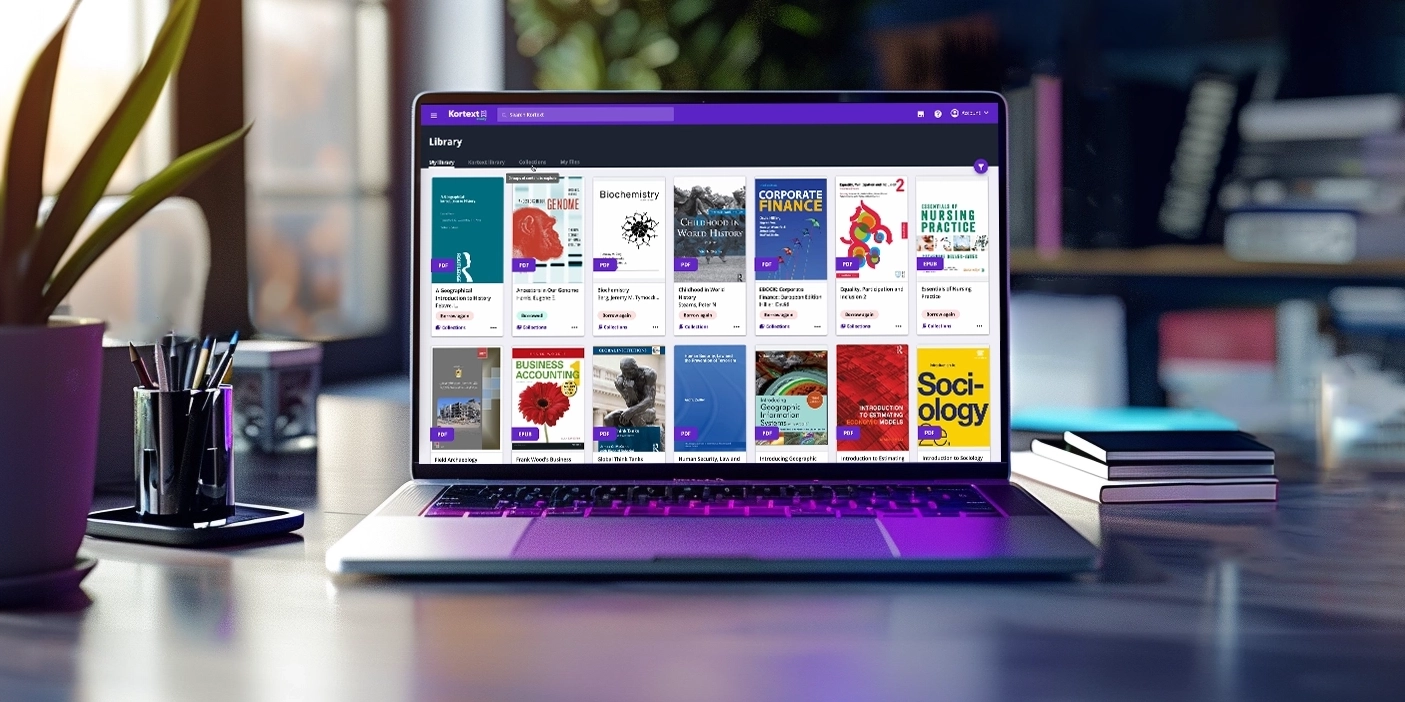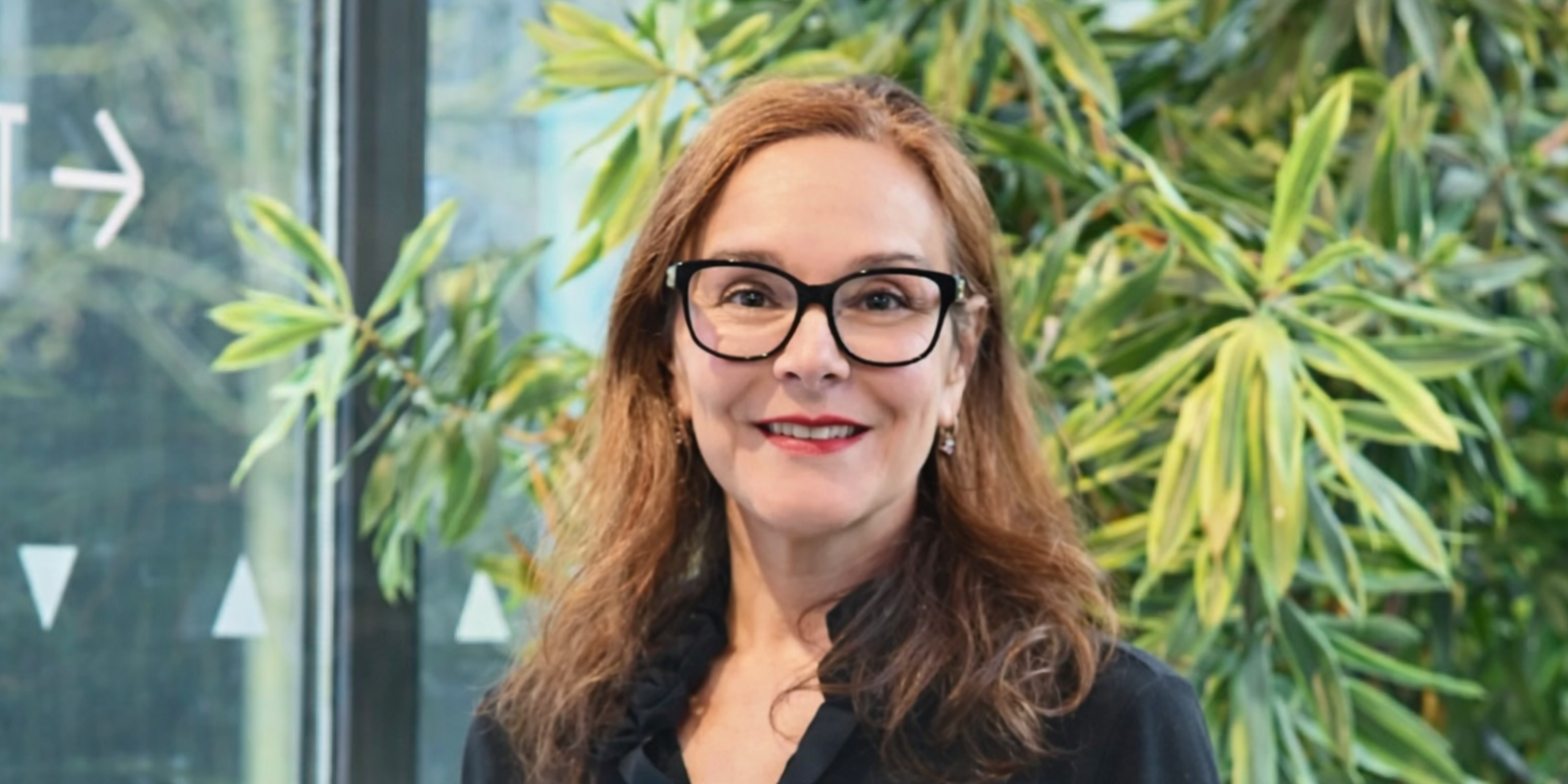One of the aims of the SCONUL Strategy 2023-26 is to support innovation and the transformation of libraries. How do you think libraries will need to change to meet the challenges of UCAS’ projected increase in student numbers?
It’s a massive challenge. We’ve seen a lot of pressure on study spaces pre-pandemic, but that’s going to further increase with Journey to a Million. Part of the solution will likely be increasing study space within the library and looking to develop quality space outside the library.
The challenge will be to manage all of this and make these spaces feel like part of the library. One of the questions we need to ask ourselves is, ‘what is the library and what is it here to do?’. Hopefully, our new strategy starts to unpick this, as we delve into some interesting new areas.
The pressure on space reignites the collections vs study spaces debate. Libraries consolidated print journal collections previously, very successfully. We are now looking to do something similar with books over the next 5-10 years.
“We need to continue the journey with digital, but we have to think about how the digital space interacts with the physical space.”
Also, there are a lot of refurbishments going on in libraries. Librarians are looking at the practicalities of their spaces and making sure user environments are comfortable. Some libraries are developing sensory and wellbeing rooms. So the library becomes an holistic space, rather than just somewhere to sit and study. The challenge will be maintaining this in the face of an increasing user base.
SCONUL’s cross-cutting themes include integrating resources to provide a positive user experience. Currently students access learning resources using multiple platforms and interfaces. How can libraries deliver the streamlined, user-friendly learning experience that students want? What role do edtech providers play in this?
I used to work as an academic librarian and it was one of the biggest bugbears when you’re doing training. You have to say ‘this is an eBook, but some look like this and some look like that’. It increases the complexity of what is a fairly simple concept.
“They’re used to using Google and they’re used to finding things quickly. You’ve got all the issues of having to log on, and sometimes more than once, and access something that looks quite different. It’s not a great user experience, and it’s not one that students particularly enjoy.”
A big part of the problem is that there are so many providers and it’s not in their interest to work together sometimes. That’s where things start to break down. Netflix and Amazon Prime provide a slick user experience. It’s not just about finding what you want easily.
They’re also very good at surfacing – ‘you’ve watched this, you might be interested in this’. How do we get to the point where our library catalogues and discovery services can do this? I think AI has a role to play in this and we will need to work with vendors to make this happen.
Some edtech providers are good at skinning content so that it looks seamless. Users access it from one platform and it all looks similar. If we can continue down that route it might make life easier, but I’m mindful that not all libraries can afford this technology and it’s not a level playing field.
Another core strategic area for SCONUL is services and systems, such as the transformative potential of AI. There are concerns in universities about AI tools and academic integrity. How can libraries navigate these and harness AI technologies positively?
I know a lot of places are nervous about AI, but I think it’s got the potential to be very beneficial for libraries, if we are clear on what we need.
There are huge benefits to be gained from how AI surfaces metadata and It could lead to better discovery systems. The National Library of Norway has used AI to create metadata for uncatalogued photographic collections, opening these up to the world. Jackie Potter recently spoke at the SCONUL AGM on the benefits of generative AI, which is a very accessible and interesting watch.
I remember talking to two of my information librarians a few months ago, when I still worked in the sector. They said that if AI could generate a lesson plan which they could use as a starting point, that would save a lot of time and frees them up to reach more students.
“As well as being consumers of AI, libraries might want to think about how they can build AI tools themselves.”
What platforms can we build to harness AI within libraries? Obviously the challenge around this is to recruit qualified staff with AI expertise who can develop tools for libraries and that is another facet of the SCONUL strategy, where we’ll be looking at the future ready workforce and the skills required to get there. Will we eventually see an AI librarian?
Finally, how do you see the HE landscape in ten years’ time? Are there opportunities, as well as challenges, ahead for libraries?
That’s really tricky. The only thing we know about the future is that it won’t look like what we think it will look like.
I think library budgets will continue to feel the pinch and content provision is going to become trickier. There have got to be frank discussions with publishers. Particularly how we move through the Open Research landscape and beyond the big deals. This is something we’ve not had to negotiate before and it’s going to be a huge challenge.
There will also be changes to pedagogy – how students are assessed and how they’re expected to learn. This is already happening across the country and being accelerated by the rise of AI, but as we see more degree apprentice places, a bigger emphasis on practical, real-world learning and a greater shift to online or at least hybrid provision, as well as more students generally, I see a big shift coming.
“We’ll see an increasing trend of online learning. Libraries need to think about how they continue provide content and services in that landscape.”
I think there will also an increased emphasis on understanding the needs of different student groups, as well as the general student collective.
There’s a big difference between an 18-year-old undergraduate living in halls and someone who’s commuting, perhaps with children or caring responsibilities. How do we support students who have part-time jobs, which are often not so part-time?
Widening participation will undoubtedly be a big part of the Journey to a Million and we all know that students from more deprived backgrounds tend to need additional skills development in that first year in particular. This will be a challenge for libraries. I say this as someone who is from the first generation in my family to go to university and the challenges that brought at the time. I know what it feels like.
We’re on the brink of a massive explosion in numbers. How do we navigate that? One thing that’s going to be really important for SCONUL is making sure the whole sector comes along together.






